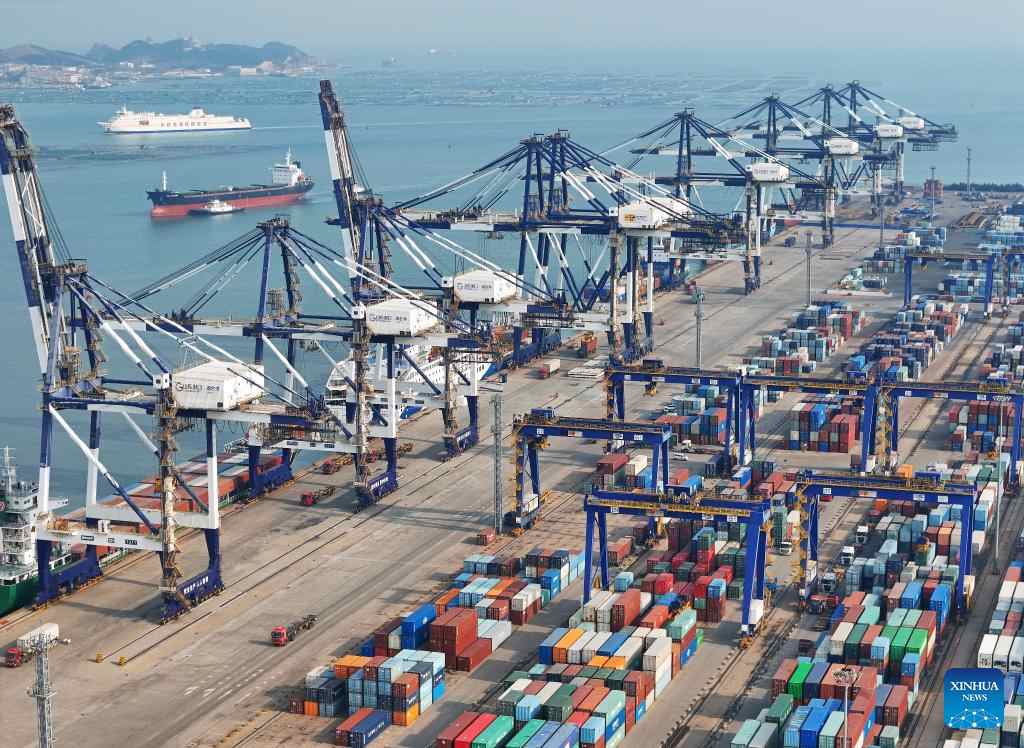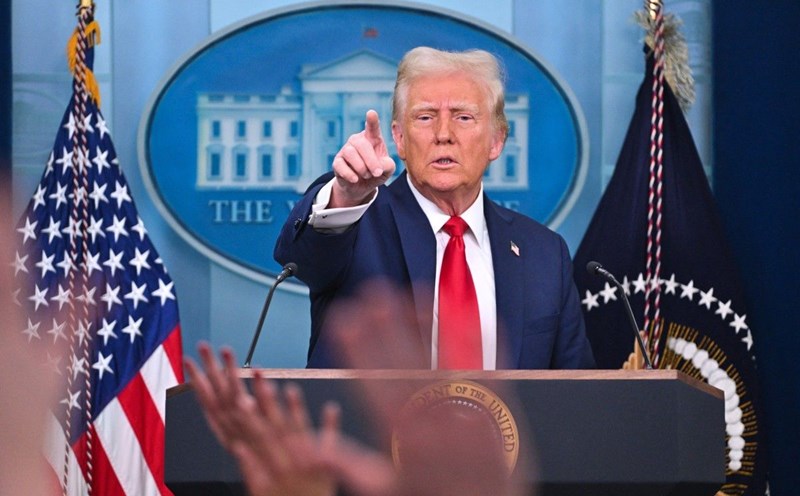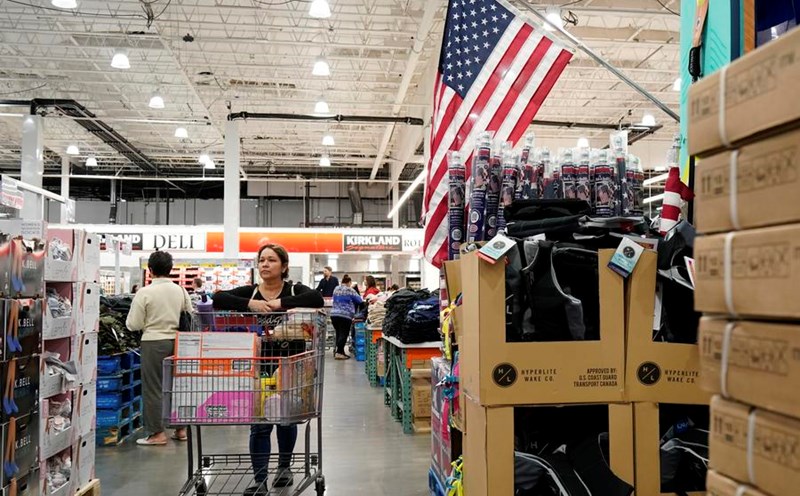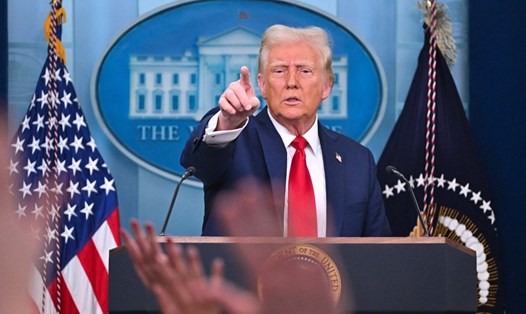In a stark end to weeks of intense speculation, the White House confirmed on January 31 that President Donald Trump will impose steep tariffs on major US trading partners starting February 1, 2025.
CNBC quoted White House press secretary Karoline Leavitt as saying that President Donald Trump will impose a 25% tariff on Mexico and Canada as well as a 10% tariff on China, in retaliation for "the illegal fentanyl (drug) they have supplied and allowed to be distributed into the United States".
The White House provided few details about how the tariffs would be implemented, saying only that they would be made available for public inspection at some point on February 1, US time.
The news sent the Dow Jones Industrial Average down more than 300 points, or about 0.7%. The S&P 500 and Nasdaq Composite also fell. All three major indexes had risen sharply earlier in the day.
White House press secretary Leavitt noted, "these are promises made and promises kept by President Donald Trump."
There was no word on potential exemptions; the White House denied an earlier Reuters report that there would be at least some exclusions rather than just blanket measures on all products, and that the tariffs would be delayed until March 1.

The United States conducts about $1.6 trillion in trade with Canada, Mexico and China each year. President Donald Trump is seeking to use tariffs both as a bargaining chip and as a way to push for changes in foreign policy, particularly on immigration and drug trafficking.
“We’re about to have the Super Bowl and, oddly enough, the number of people packed into the New Orleans Superdome is almost equal to the number of people who die every year in the United States from fentanyl, and that fentanyl is coming from China and Mexico,” President Donald Trump’s trade adviser Peter Navarro told CNBC on January 31. “That’s why we’re having these discussions.”
Economists worry that tariffs could reignite inflation at a time when price pressures appear to be starting to ease. The U.S. Commerce Department reported on Jan. 31 that the Federal Reserve’s closely watched inflation gauge rose to 2.6 percent in December.
Fed officials said they are monitoring the impact of fiscal policy. “It will be important to have a better understanding of actual policies and how they will be implemented, along with more confidence in how the economy will respond,” Fed Governor Michelle Bowman said.
Speaking to CNBC, Chicago Fed President Austan Goolsbee said the important thing is whether these tariffs have a one-time impact when they are first applied, or will lead to retaliatory measures.











